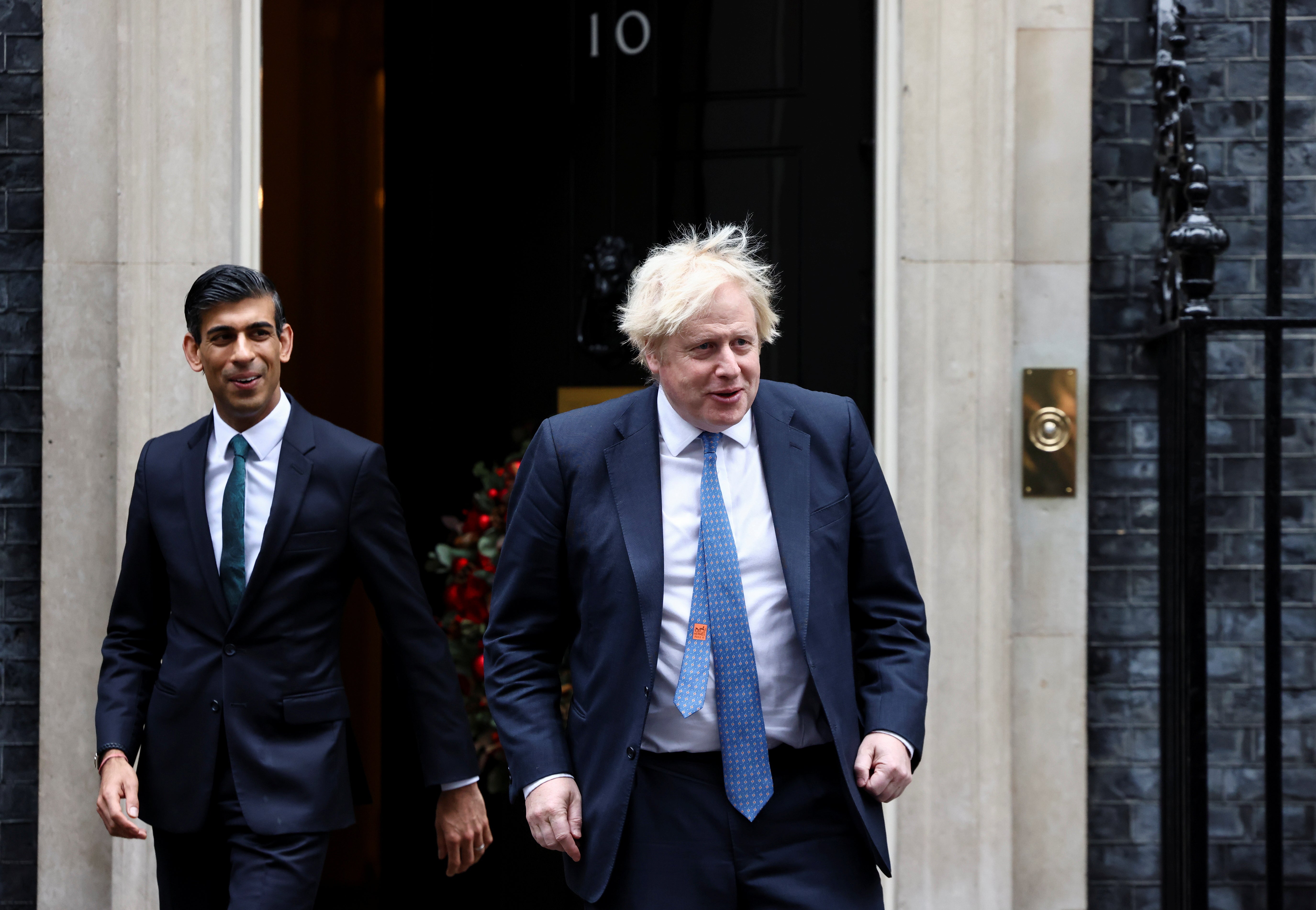Rishi Sunak shelves proposal to hike capital gains tax, pointing to ‘burden’
Office of Tax Simplification backed raising rates to match income tax – after chancellor ordered review

Rishi Sunak has shelved a proposal to hike a tax on the wealthy to help plug the post-Covid hole in his finances, pointing to the “burden” it would place on tax collectors.
The Office of Tax Simplification (OTS) recommended raising rates of capital gains tax to the same levels as income tax, after being asked by the chancellor to review the move.
The body also proposed lowering the annual allowance on the tax – a levy on any profit made when selling an asset – but this suggestion has also been put on hold.
Treasury minister Lucy Frazer has told the OTS: “These reforms would involve a number of wider policy trade-offs and so careful thought must be given to the impact that they would have on taxpayers, as well as any additional administrative burden on HMRC.
“The government will continue to keep the tax system under constant review to ensure it is simple and efficient,” says a letter seen by the Financial Times.
The decision comes after the government broke a manifesto pledge by increasing National Insurance contributions on far lower earners, a rise that will kick in next April.
Ministers rejected higher taxes on wealth when they announced the 1.25 percentage point hike in national insurance, to fund higher health and social care funding.
There have long been protests that wealthy households exploit lower capital gains tax to pay too little for the sale of second homes, works of art and stocks and shares.
But many Conservative MPs oppose any increase in the levy, arguing it would punish success – and Boris Johnson recently told a Tory donors’ event that taxes will be cut.
Capital gains tax is charged at 10 per cent for basic rate taxpayers and 20 per cent for higher and additional rate taxpayers, with rates of 18 per cent and 28 per cent on residential property.
In contrast, income tax is charged at a basic rate of 20 per cent, rising to 40 per cent and 45 per cent for higher and additional taxpayers.
John McDonnell, Labour’s shadow chancellor under Jeremy Corbyn, attacked “a Tory Christmas gift to the wealthy”.
“Levelling up capital gains tax rates with income tax was estimated by TUC to raise £17bn, enough to fund social care for all that need it,” he tweeted.
In his letter to the OTS setting up the review, in July last year, Mr Sunak said he was interested in “how gains are taxed compared to other types of income”.
The government has accepted five, more technical recommendations made by the OTS in a second study, the Financial Times reported.
They include extending the time divorcing and separating couples have to transfer assets between them without paying the levy.
Join our commenting forum
Join thought-provoking conversations, follow other Independent readers and see their replies
Comments
Bookmark popover
Removed from bookmarks